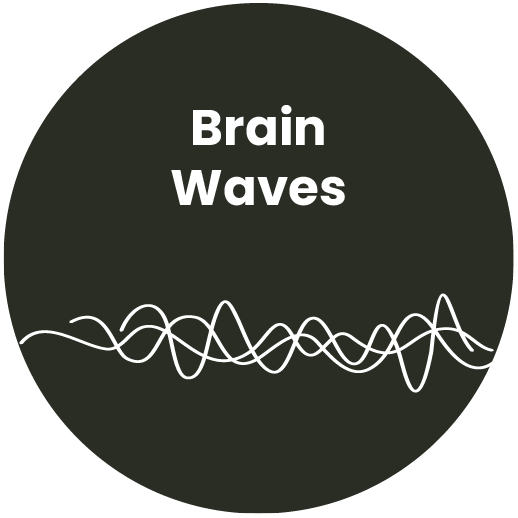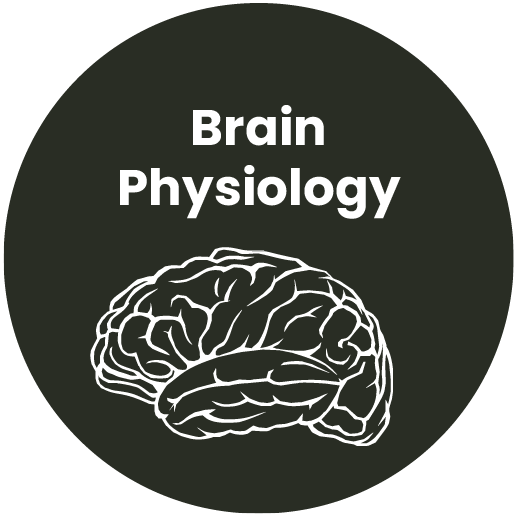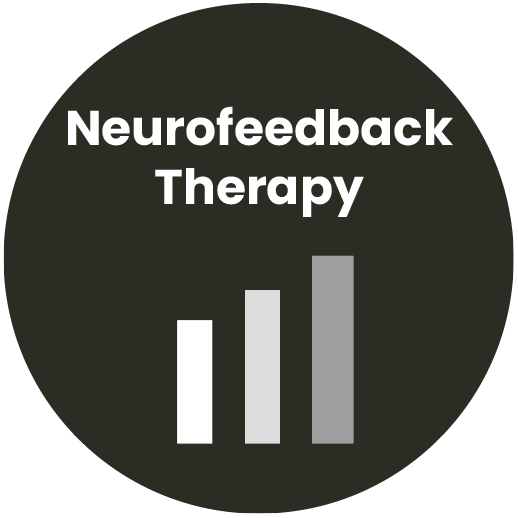Application and Benefits
For more than 30 years, EEG neurofeedback has been used to treat substance use problems, with encouraging results in well-controlled research. These include increased treatment adherence, decreased addiction severity, and psychosocial advantages, even in people with severe substance abuse problems. Neurofeedback, in particular, has been proven to reduce drug cravings and temptations in people addicted to substances such as cocaine (Horrel et al., 2010) and alcohol.
Neural Imbalance in Substance Use Disorders

In people with Substance Use Disorder (SUD), the balance of brain wavescan be disrupted. For instance, too many slow waves (like theta or delta) can cause difficulty focusing and poor impulse control. Too many fast waves (like high beta) can cause stress, anxiety, or hyperactivity.

Substance use can change the way the brain works by altering neurotransmitter systems, which are chemicals that help brain cells communicate. Over time, these changes can make it harder to control cravings, manage emotions, or think clearly. The brain can become reliant on substances to feel "normal," which fuels addiction.

During a session, sensors on the scalp monitor brain waves. If the brain shows unhealthy patterns (like too much theta or high beta waves), the therapy guides the brain to shift toward healthier patterns. Over time, this can help reduce cravings, improve focus, and stabilize mood, making it easier to manage substance use and work toward recovery.
EEG patterns in individuals with substance use disorders vary based on factors such as the type of substance and duration of use (Sokhadze et al., 2008). For instance:
Alcohol Use Disorder: Many studies report alterations in the beta and/or alpha EEG bands (Bauer, 2001; Costa & Bauer, 1997; Ehlers & Philips, 2007; Rangaswamy et al., 2004; Finn & Justus, 1999).
Chronic Marijuana Use: Research has found significant "alpha hyperfrontality" (increased alpha power and interhemispheric coherence in the frontal cortex) in chronic marijuana users (Andriot et al., 2022; Struve et al., 1999, 2003).
Conclusion
Neurofeedback therapy offers a valuable tool for treating substance use disorders. By addressing the neural imbalances specific to different types of substance use, neurofeedback can complement traditional treatments and enhance overall treatment outcomes, leading to significant improvements in addiction severity, cravings, and psychological well-being.